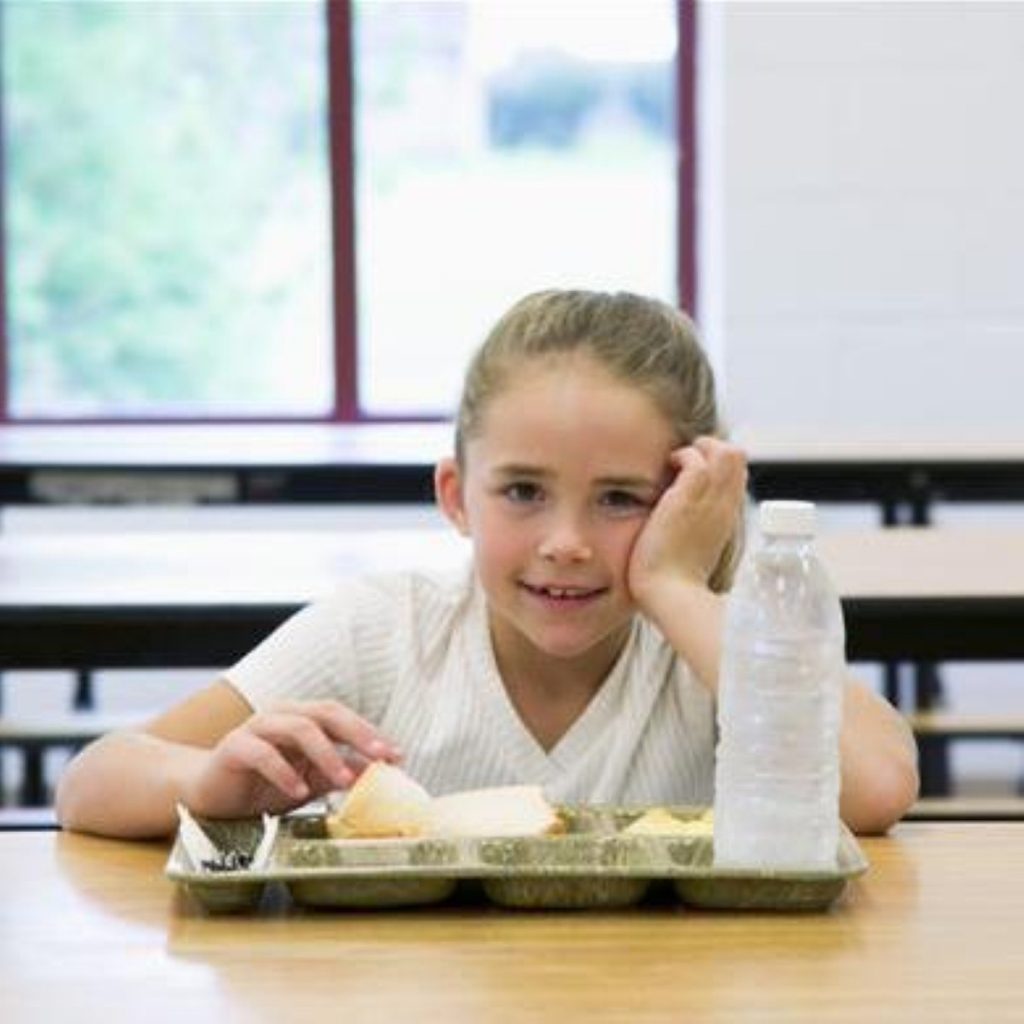Govt denies healthy school meals have backfired
The Liberal Democrats claim the school meals system has fallen into disarray since the government endorsed Jamie Oliver’s campaign for healthier lunches.
The Lib Dems claim figures set for release this week will show take-up of school meals has fallen considerably since the reforms were implemented.
They accuse the government of introducing healthier meals before students and parents were behind the campaign.
However, separate figures from the Department of Health (DoH) show more children are eating five or more portions off fruit and vegetables a day, thanks to schemes offering free fruit in schools and a clampdown on junk food.


The Liberal Democrats claim school meals are in “meltdown” with two-thirds of secondary school and 60 per cent of primary school pupils now rejecting “healthier” school lunches.
Rather than improving school meals, the government’s push for healthier school meals could have destroyed the system, the Lib Dems argue. They blame the government for adopting the new meal plan too quickly and with a lack of support from parents and pupils.
“This is a classic example of a government policy ‘balls up’,” said Lib Dem schools spokesman David Laws.
Demand for school meals has fallen by ten per cent in primary schools and 20 per cent in secondary schools over the past two years.
Mr Laws continued: “These figures show that the school meals service is in meltdown. Instead of boosting the number of children taking up healthy school meals, government policy has contributed to an implosion of the service.
“The new education secretary must act immediately to stop matters from getting even worse. Without action, this government could preside over the end of the school meals service as we know it.”
The government acknowledged there had been a dip in take-up in some secondary schools, but said some others had seen an increase.
Kevin Brennan, minister for children and families, said: “Where awareness of healthy food is high, and young people feel involved and informed about the changes, they are usually much more positive about the new menus.
“The School Food Trust is using a range of strategies to encourage take up and help schools who are struggling with the new standards.
“However, it will take time for the changes to be a success in all schools, but this is the right thing to do, and we need parents, teachers and pupils to all play their part.”
The Department for Children, Schools and Families has committed nearly £500 million to implementing the changes. This will enable meals to be subsided until 2011, helping schools through initial loss-making periods.
Meanwhile, the DoH claims figures show the 5 A Day scheme, which provides free fruit to school children, has been a success.
The number of children eating the recommended amount of fresh fruit and vegetables has increase by 13 per cent over the past two years, with 44 per cent now hitting government targets. Half are also close to achieving the recommended five servings a day.
The DoH said this amounted to a “significant increase” in consumption of fruit and vegetables and said the “most significant factor” in achieving this had been the improvements in school meals.
Health minister Ben Bradshaw said: “Several surveys now point to a significant rise in fruit and vegetable consumption across all sectors of the population linked to increased awareness of eating five a day and the importance of a healthy diet.
“We now need to look at the potential for exploiting the opportunities provided by the scheme to support healthy eating initiatives in schools and engage school communities in the wider strategy to tackle obesity and ensure that when children leave the scheme they continue to eat their five a day.”
Beverly Hughes, minister for children, young people and families, added: “If we are to tackle obesity and get children interested in fruit and vegetables we have to start young. That is why this scheme is so important.
“I’m pleased to see that school meals are having an impact on diet and new tougher regulations coming in this week will mean that young people can no longer buy fizzy drinks, chocolate bars and crisps in tuck shops or vending machines in schools.”

